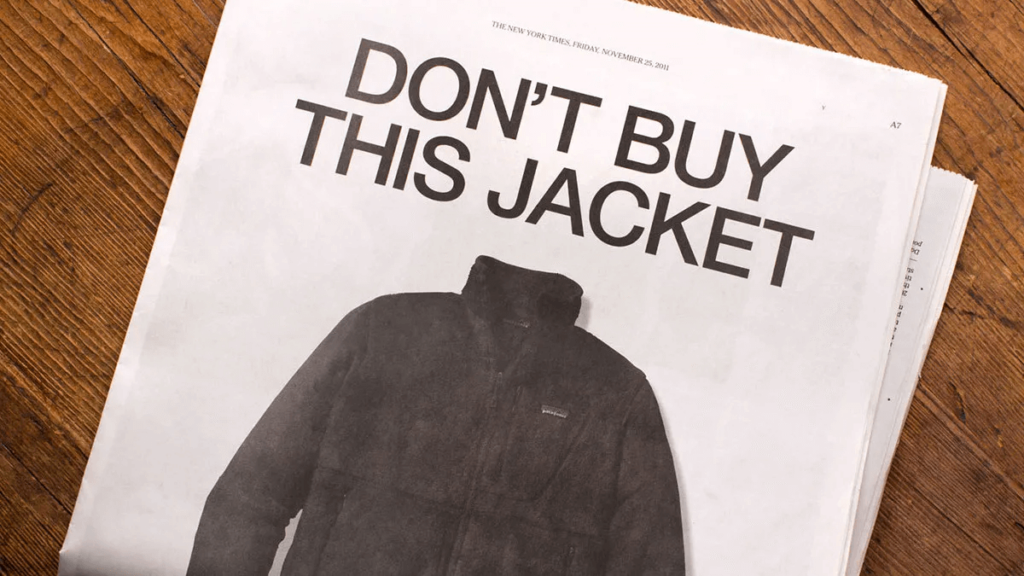Understanding the psychology behind branding is crucial for businesses aiming to thrive in a competitive landscape. Branding is much more than a logo or a snappy slogan; it’s the art of shaping perceptions and influencing behaviour. By leveraging the principles of psychology, you can craft a brand identity that not only stands out but also build a connection with your audience. Remember, effective branding isn’t just about being visible; it’s about being memorable and creating lasting connections.
In today’s cluttered marketplace, businesses often find themselves struggling to differentiate from the sea of competitors. With consumers bombarded by endless branding messages, the risk of “brand fatigue” looms large. This phenomenon dulls consumer engagement, making it harder for any brand to shine. Too often, brands miss the mark by failing to connect emotionally with their audience, missing an opportunity to build a lasting, meaningful relationship with their audience.
Psychology is the hidden powerhouse behind effective branding, influencing how consumers perceive and interact with brands. By harnessing psychological insights, businesses can craft a brand identity that resonates deeply with their target audience. Here’s a look at some pivotal psychological concepts that can supercharge your branding efforts:
Colours aren’t just visual; they can represent emotion and sentiment. Colours can evoke a wide range of feelings and significantly impact consumer behaviour. For example, red can stir excitement and urgency, while blue tends to evoke feelings of trust and security. Choosing the right colours can make your brand memorable and emotionally engaging, setting the tone for how your audience perceives you.
Humans are wired to seek out patterns. Brands that present a consistent image across all touchpoints create a sense of familiarity and trust. This consistency—whether in logos, messaging, or design—helps anchor the brand in the consumer’s mind, making it easily recognisable and dependable. A cohesive brand experience builds positive perceptions and encourages repeat business.
We all crave belonging. Brands that align themselves with specific lifestyles or communities tap into this deep-seated need. By positioning themselves as symbols of shared values and aspirations, these brands create a sense of belonging among consumers. This not only fosters loyalty but also turns customers into brand advocates, as they feel part of something bigger.
Just like people, brands have personalities. Whether rugged, sophisticated, or playful, a brand’s personality speaks directly to consumers on a subconscious level. Brands that align with their audience’s identity, or aspirations can form stronger emotional connections, leading to increased loyalty and engagement.
Patagonia, the renowned outdoor clothing brand, exemplifies the effective use of psychological principles in branding. The company has built a strong brand identity centred around environmental sustainability and social responsibility. By positioning itself as a leader in eco-friendly practices, Patagonia appeals to consumers’ desire to be part of a community that values environmental stewardship.
One standout campaign, the “Don’t Buy This Jacket” initiative, encouraged consumers to reconsider unnecessary purchases. This unconventional message not only highlighted Patagonia’s commitment to sustainability but also resonated with ethically conscious consumers. As a result, Patagonia has cultivated a loyal following and positioned itself as a trusted and responsible brand in the outdoor apparel industry.

On the flip side, the infamous Fyre Festival illustrates the pitfalls of misaligned branding. Marketed as an exclusive luxury experience, the festival failed spectacularly to deliver on its promises. The discrepancy between the glamorous marketing and the dismal reality led to a complete collapse of trust. The Fyre Festival’s failure underscores the dangers of overpromising and underdelivering, highlighting the critical importance of authenticity in branding.


Ready to take your brand to the next level? Start with a branding audit to see how well your current strategy aligns with these psychological principles. Seek out expert guidance to refine your brand identity, ensuring it not only captures attention but also builds trust and loyalty. Remember, successful branding isn’t just about being visible—it’s about being memorable and creating lasting connections.
Reach out for a consultation and let’s transform your vision into a brand that truly resonates with your clients.


All rights reserverd
Copyright of Mario Barba Ltd 2025